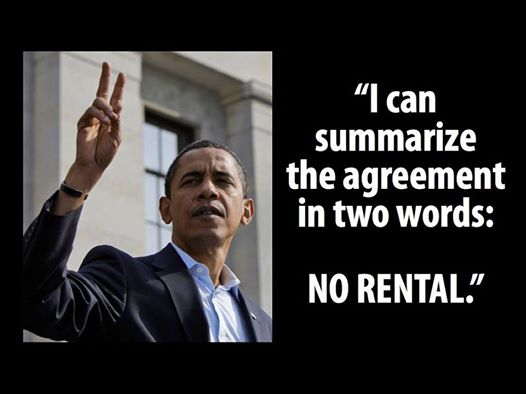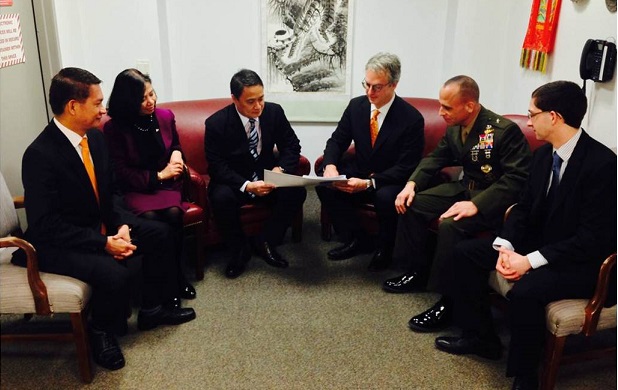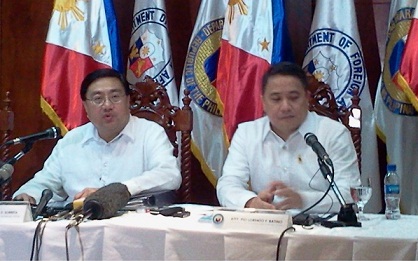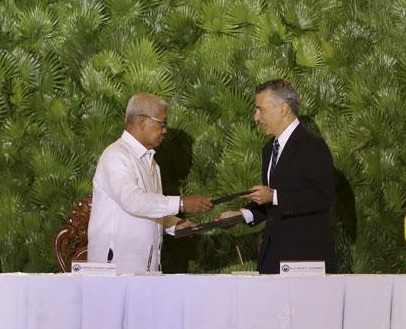Click here for the full text of the EDCA petition
Another petition filed by BAYAN and sectoral congressmen against EDCA:
Final Bayan PETITION EDCA SC
Today, various individuals and groups, appalled by the mockery of the Constitution and complete disregard of the historic Senate vote ending the U.S. bases era on Sept. 16, 1991 by the Aquino government, are filing with the Supreme Court today a petition to declare the recently-signed PH-US Enhanced Defense Cooperation Agreement as unconstitutional.
Leading the petitioners are former Senators Rene Saguisag and Wigberto Tanada, two of the 12 who voted to kick the US Bases out in 1991. Steve Salonga, will be signing the petition for his father, former Senate President Jovito Salonga. (The other nine senators who voted to oust the U.S. bases were Agapito “Butz” Aquino, Joseph Estrada, Teofisto Guingona Jr, Sotero Laurel II, Ernesto Maceda Jr, Orlando Mercado, Aquilino Pimentel Jr, Victor Ziga, and Juan Ponce Enrile.)
The Center for International Law, represented by Harry Roque and Romel Bagares, leads the group petitioners which also include the Concerned Citizens Movement.
EDCA was signed by Defense Secretary Voltaire Gazmin and U.S. Ambassador Philip Goldberg hours before the arrival of U.S. President Barack Obama in Manila last May 28.
EDCA allows the Americans to build bases inside military camps (euphemism inEDCA: agreed locations). If there are no military camps in places that the Americans want, the Philippine government will build a base in the area. Example: the Americans want to return to Subic, once their naval base. Since Subic is now an economic zone, the Philippine Air Force will be building a camp there so an American base can be established.
The petitioners said “The postcolonial history of the relations between Philippines and of the United States of America is akin to that of an unequal and exploitative love affair. There was one shining moment however, when the Philippines grew a backbone and finally decided that it will no longer be a doormat for the US. On September 16, 1991, despite pressure from the Executive and the US government itself, and risking their political careers, twelve Senators rejected a proposed treaty that would have extended to another 10 years one of United States’ most strategic bases, the Subic Naval Base (at this point, the Clark Air Force Base had already been closed due to the eruption of Mount Pinatubo).
The historic Senate vote ended 470 years of U.S. military presence in the country, during which time the Philippines nurtured dependency on the U.S.
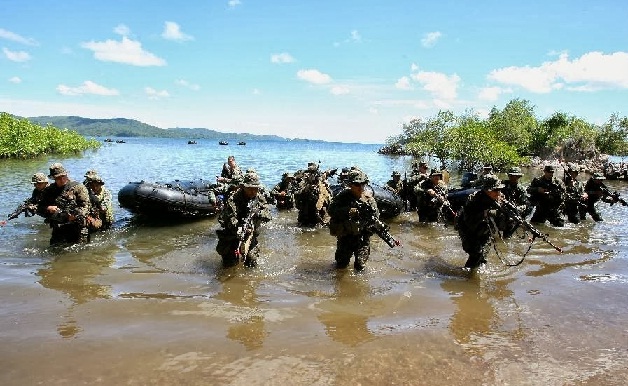
President Aquino will be in Ulugan Bay in Palawan this week. Ulugan Bay Naval Station will be one of military camps the U.S will establish their base.Photo taken during 2012 PH-US Balikatan Exercise. Photo from jibraelangel2blog.
The petitioner said, “Sadly, this sense of nationalism and desire for genuine independence has been steadily eroded and even eclipsed. From the Visiting Forces Agreement (VFA) and the Mutual Logistics and Support Agreement (MLSA) which allowed the return and servicing of US military forces and war materiel inside Philippine territory, to the secret negotiations and rushed passage of the Enhanced Defense Cooperation Agreement (EDCA), the lack of the Philippine government’s resolve to uphold and protect Philippine sovereignty and national interest has never been more apparent.”
“The EDCA is a clear departure from and reversal of the stand taken by the Philippine Senate in 1991. Its terms and conditions put the country in an even worse situation than what would have transpired if the US-RP Treaty of Friendship, Cooperation and Peace that was sent to the Senate for ratification had not been rejected.
“The Executive has circumvented the correct and brave stand taken by the Philippine Senate in 1991 in refusing to renew the RP-US bases treaty by illegally entering into the EDCA.”
President Aquino decided not to submit EDCA to the Senate for ratification despite the Constitutional ban on foreign military b, troops, and facilities except under a treaty duly concurred in by the Senate…”
The petitioners said, “At the very least, it should be expected that the Philippine government comply with Constitutional requirements when entering into international treaties and agreements. At best, the Philippine government should negotiate the best possible terms for a just and equitable agreement.
“In both aspects, the Executive has miserably failed. Not only is the EDCA a violation of the Philippine Constitution, it also does not provide any substantial, long-term real benefit, much less distinct advantage or improvement in our position vis-à-vis the United States.”
The presence of U.S. military bases in the country then was likened to rape – an assault on the Philippine sovereignty.
The Philippines got raped again but this time,sad to say, it was rape with consent (of the Aquino government.)
It is the petitioners’ prayer that the Supreme Court stops the sellout.

